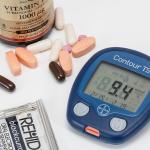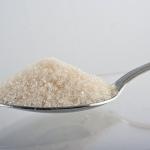“In effect, the broadening clinical experience of managing CVD conditions that manifest differently between women and men, combined with the accumulating data on sex-specific CVD presentations, suggest that cardiovascular pathoph
cardiovascular disease
To be fair, that isn’t the fault of researchers. Marijuana remains classified as a Schedule 1 drug, with no medical indications and a high risk of abuse.
Over time as our understanding and instrumentation have changed and improved, we have reframed the villain from particulate matter as a whole to its various components.
The researchers made use of a longitudinal survey, the Atherosclerosis Risk in Communities (ARIC) involving four regions in the Midwest and Eastern US.
“I used to think that the brain was the most wonderful organ in my body. Then I realized who was telling me this.”
Emo Philips, American Comedian
There is valid concern about diversity and inclusiveness in research participants, and in the disparity in the severity and age of onset for cardiovascular disease among African Americans.
One of our readers [1] wrote to us about a recent article in Lancet regarding the role of alcohol in cardiovascular disease. That prompted us to take a look and here is what we found.
We all need to participate in physical activity to improve our general health and functioning.
The FDA has delayed labeling of our foods “added sugar” content until 2020, a new paper in Circulation tallies the costs and benefits of the policy in general.
Routine doctor's appointments usually end the same way. The doctor encourages you to exercise, stress less, and eat healthy, usually mentioning something about vegetables and fiber.











